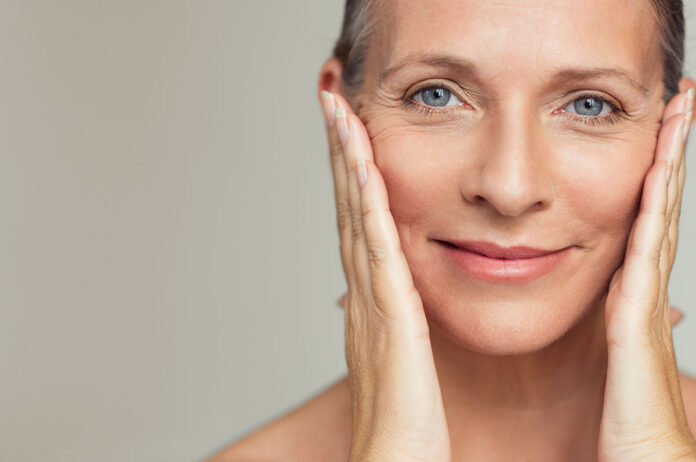In general, anti-aging refers to efforts to maintain youthfulness by reducing physical and mental aging. And two of the major factors in aging are “oxidation” and “glycation” of the body.
Humans obtain energy by burning carbohydrates obtained from food using oxygen obtained from breathing, and it is said that about 2% of the oxygen taken into the body becomes reactive oxygen species. Reactive oxygen species are the oxygen that is unstable with one electron missing, and they rob nearby molecules of electrons in search of a pair of electrons. This chemical reaction in which molecules lose electrons is called oxidation, and cells deprived of electrons are damaged and deteriorate. The same principle applies to iron, which rusts when it comes into contact with oxygen in the air, and to fruits, which become discolored.
On the other hand, glycation is when excess carbohydrate binds to proteins in the body and changes into a lousy substance called AGE (terminal glycation products). As AGE accumulates, it causes deterioration of the body’s tissues, including blood vessels, muscles, skin, and bones, made up of proteins. While oxidation by reactive oxygen species is called the body’s rust, glycation, which produces AGE, is called the body’s scorch. And the body’s rust and scorch are closely linked.
Significant damage by the combination of the rust and the scorch
When the carbohydrates from food are digested and broken down, they are converted to glucose and sent to the blood vessels. Blood glucose levels indicate the amount of glucose in the blood, so naturally, blood glucose levels rise after a meal. Especially if you consume a lot of carbohydrates at once, your blood glucose levels will spike. Then the secretion amount of insulin, which is the hormone that lowers blood glucose levels, also increases, so this time blood glucose levels fall at once. This kind of violent fluctuation in blood glucose levels in a short period is called a “blood glucose spike.” When the blood glucose spike is repeated, many reactive oxygen species are generated inside the cells of blood vessels, and the cells of blood vessels are oxidized.
Also, since the primary material of blood vessels is protein, when the blood glucose level is high, the vessel wall’s glycation advances, and the blood vessels are damaged. Thus, when the aging of blood vessels proceeds by the double punch of glycation and oxidation, it becomes the aging of the entire body as it is.
On the other hand, the human body has a defense system against reactive oxygen species. Enzymes, vitamins, and minerals act as antioxidants to process the excess reactive oxygen species. They provide electrons to the reactive oxygen species to stabilize them.
As for glycation, the body’s natural anti-glycation function is also present. For example, macrophages, the central cell of natural immunity, find AGEs and eat them. However, as with reactive oxygen species, if they can’t fully process it, the cells’ damage will increase. When oxidation and glycation are aligned, the damage multiplies many times over.
Moderate exercise and mental health are important
Both oxygen and carbohydrates are essential sources of energy for life, and of course, you can’t live without oxidation and glycation. But you can lower that risk.
Factors that produce large amounts of reactive oxygen species include excessive exercise, stress, smoking, UV rays, food additives, and lack of sleep. The two leading causes of glycation are a carbohydrate-rich diet and lack of exercise, and stress also contributes to glycation because it lowers your metabolism. To avoid blood glucose spike, it also helps to watch out for eating too quickly and take fiber, which slows down the absorption of carbohydrates into the body.
While it is said that we are living in the “100-year life age”, the living environment and lifestyle of modern society are making the balance of the body more prone to oxidation and glycation. To create an “active aging society,” the most crucial issue is to increase healthy life expectancy. Anti-aging lifestyles to reduce the body’s rust and scorch will be increasingly demanded.


